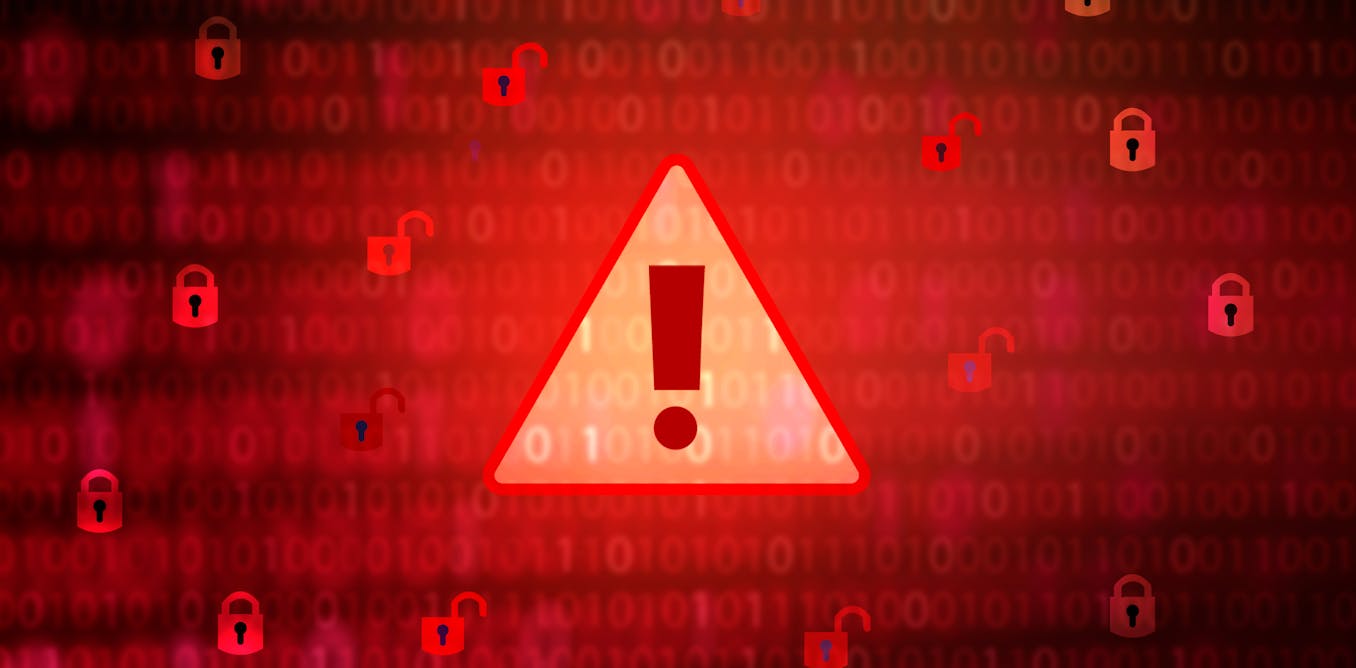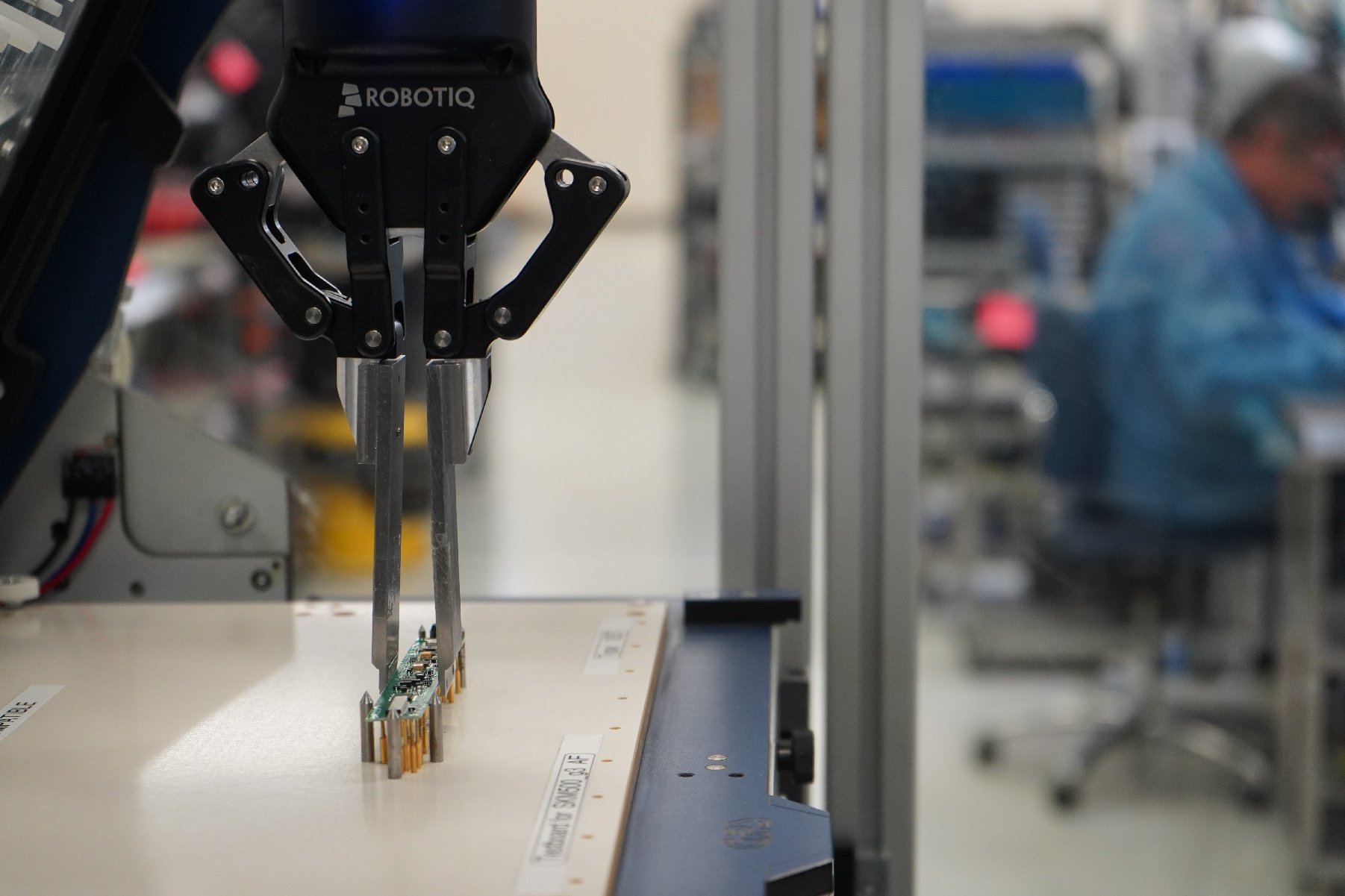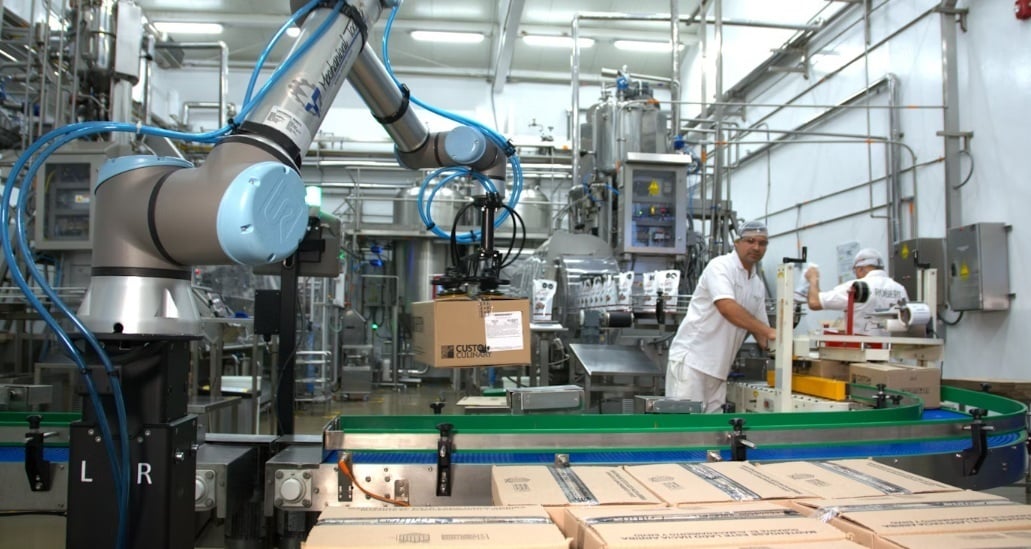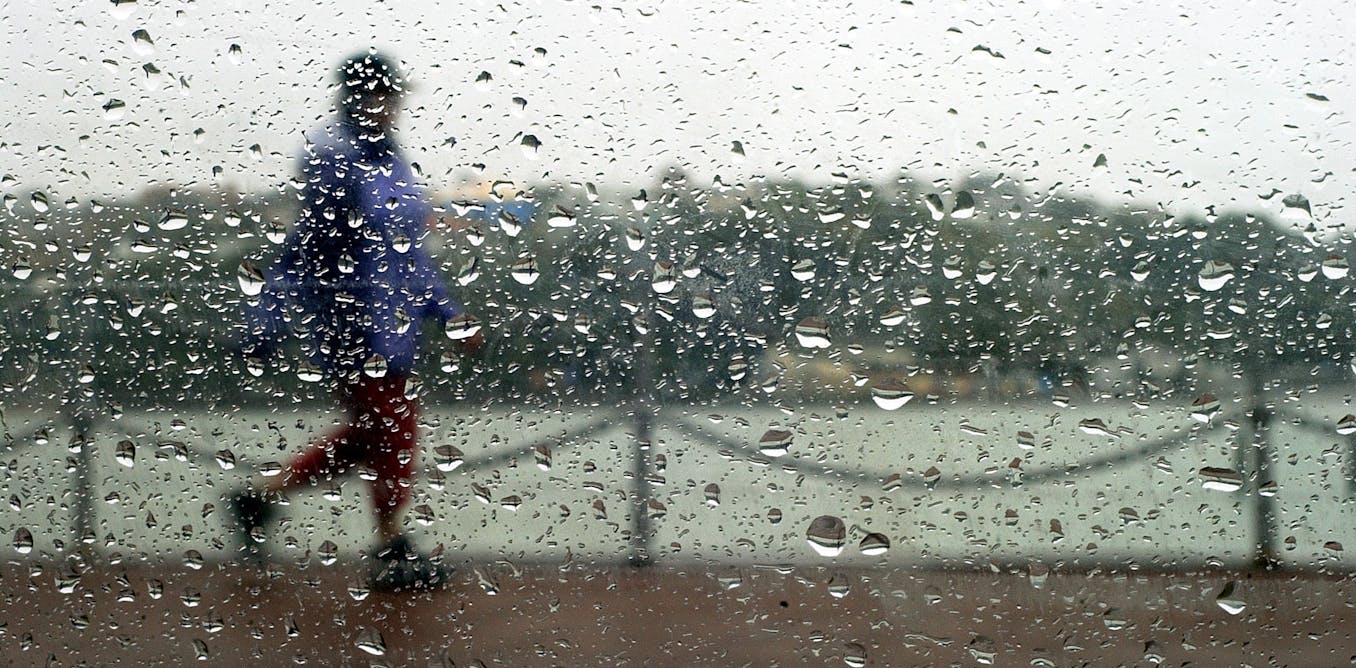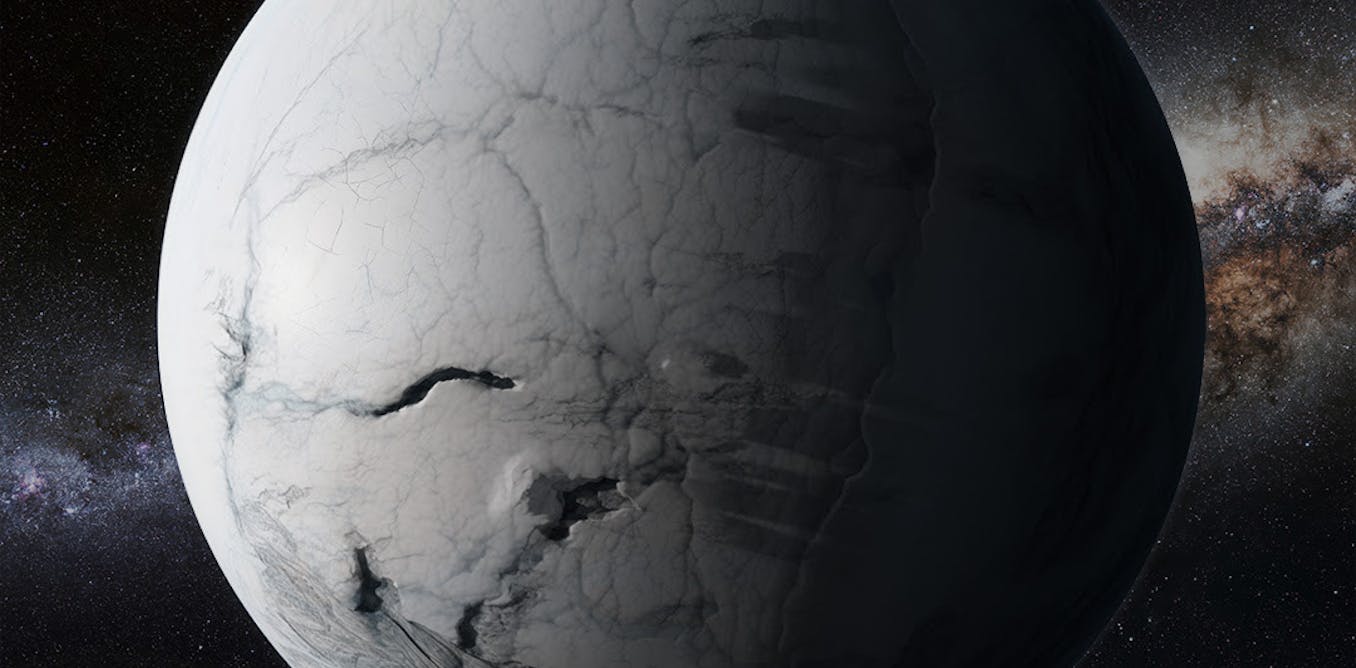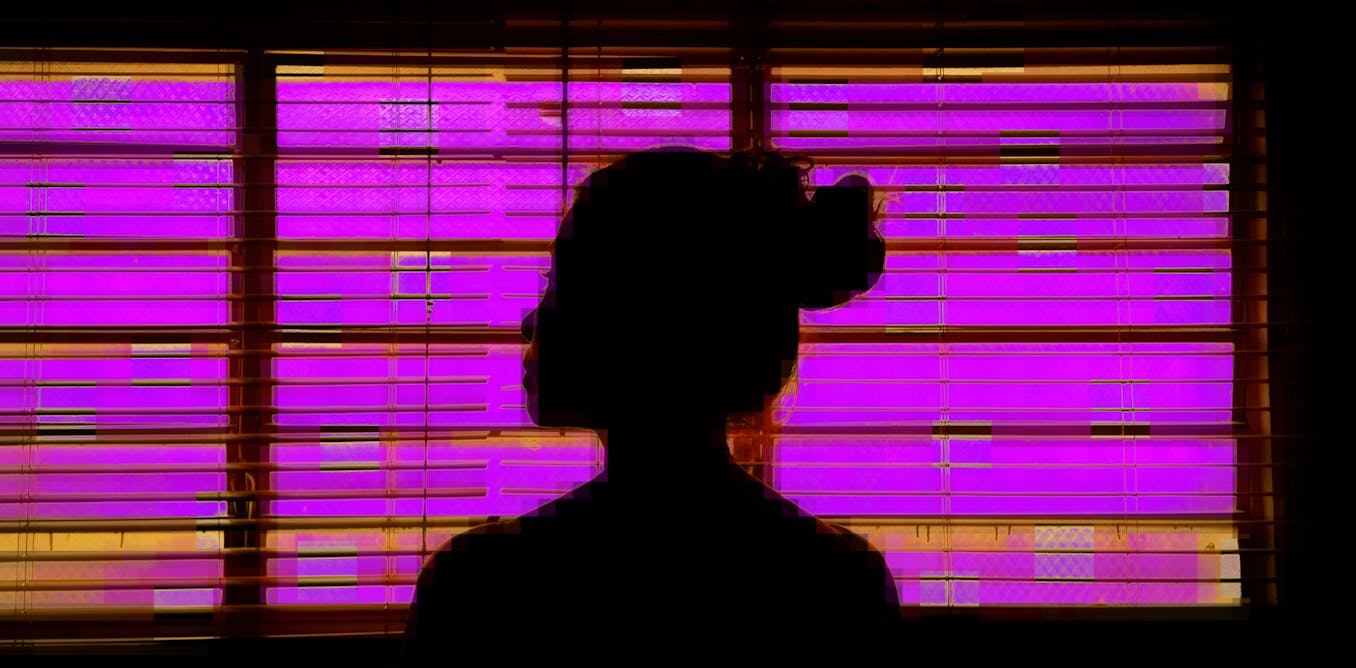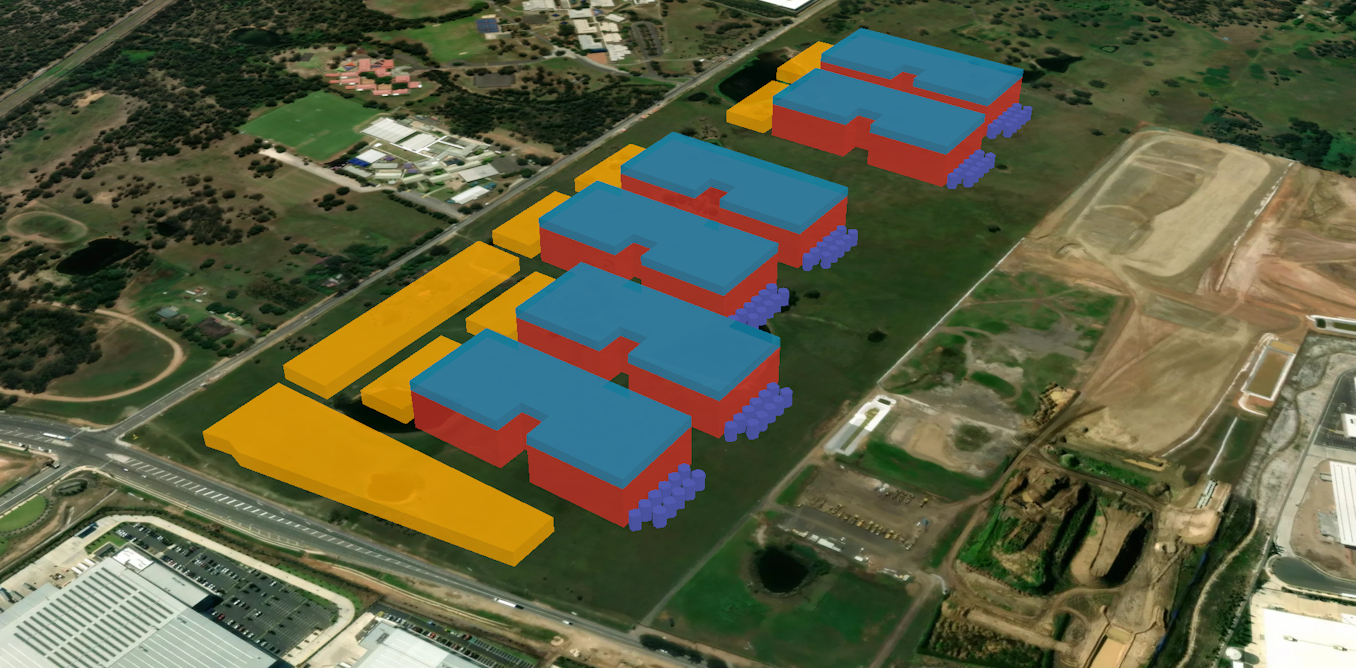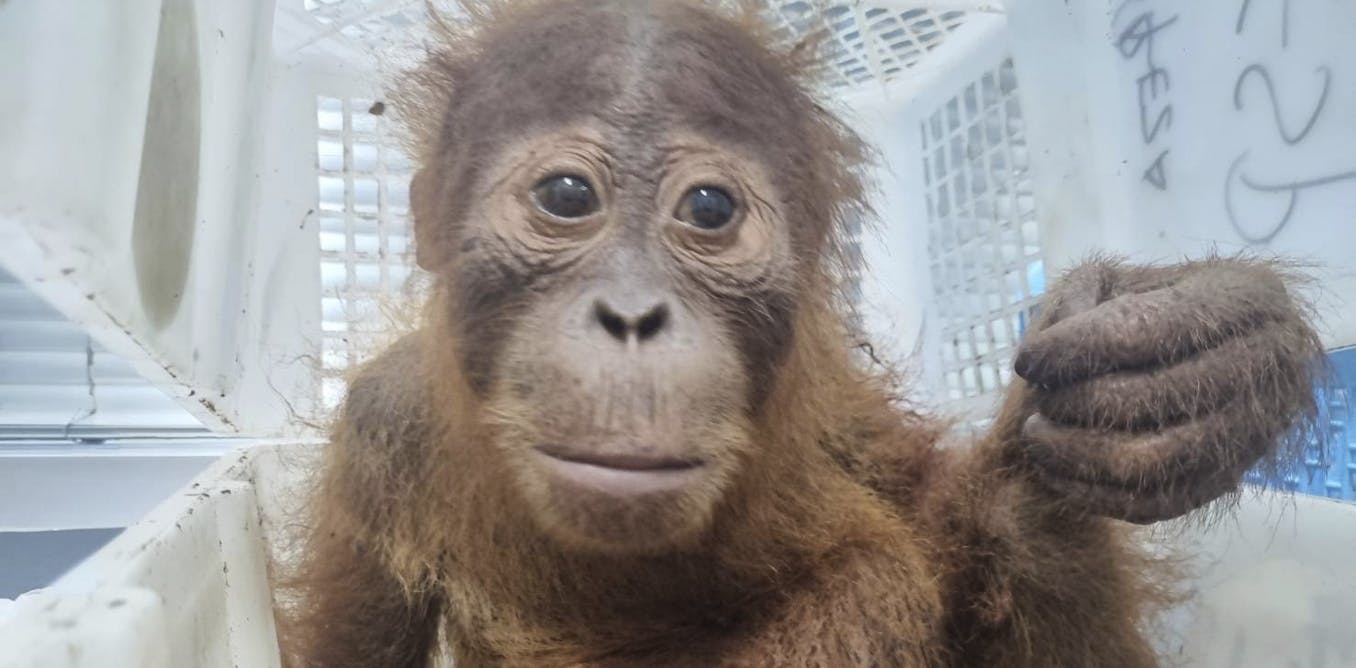In the vastness of space, there lies a potential solution to one of Earth’s biggest challenges: our ever-growing pile of trash. What if we were to gather up all our garbage and send it hurtling into Jupiter, the largest planet in our Solar System? This thought-provoking scenario raises questions about waste management, space travel, and the implications of our actions.
On Earth, waste management is a complex and varied process, with different strategies employed around the world. But as landfills overflow and oceans fill with plastic, humanity is facing a crisis. The idea of launching our trash into space might sound like a futuristic solution, but the reality is far more complicated.
Sending our garbage into Jupiter would require advanced technology, massive spacecraft, and international cooperation on an unprecedented scale. The journey would be long and perilous, with potential risks at every turn. And while the idea of recycling our trash in Jupiter’s swirling atmosphere might sound appealing, the environmental and ethical implications are worth considering.
Ultimately, before embarking on such an ambitious and resource-intensive project, perhaps we should focus on reducing our consumption, improving recycling systems, and creating a more sustainable future here on Earth. After all, it’s the only home we have. So, what if we dumped our trash into Jupiter? Maybe it’s a question worth exploring, but the answers might lead us back to where it all began – taking care of our own planet.
Watch the video by What If
Video Transcript
Jupiter, the largest planet in our Solar System. A gas giant capable of sucking up and condensing millions of tons of space debris. So why don’t we use it to solve one of the Earth’s stinkiest problems? Our trash. What if we decided to send the worlds garbage up into space
And launch it into Jupiter? This is WHAT IF, and here’s what would happen Ok, before we begin shooting Jupiter-bound rockets full of moldy food, electronic waste, and plastic packaging out of the stratosphere, let’s take a look at the journey these things currently take from creation to collection. Waste management
Is a complex process. Around the world, there are lots of different strategies, from curbside bin pickups to highly advanced recycling sorting programs. After disposal, trash makes its way to landfills or incinerators, depending on the infrastructure of your region. Of course, not all of it makes it there, though.
You know, wherever humans are on the planet, you can count on there being some amount of human litter there, too. And where humans aren’t, like the Pacific Ocean, well, our litter is there, too. Just check out the Great Pacific Garbage Patch if you need proof.
So it should come as no surprise that as landfills overflow and sea levels continue to rise, humanity is desperate for a solution. And that solution could be over 778 million km (484 million mi) away. Designing a program that would deliver the garbage from your driveway all the way to the Jovian atmosphere
Would require enormous technological advancements and some pretty radical international cooperation, to say the least. We’d need to completely reimagine how we handle everything. And luckily for you, this is What If, so we’re going to do just that. OK, starting with the collection.
Maybe you’d still be able to throw everything into one or two different bins, as per usual. But after that, local, regional, and national governments would need to employ a highly sophisticated system of automated drones in order to process the waste in a way that would get it ready for space travel.
Our trash would need to be compacted to maximize the payload of each and every rocket that will send it on its way. We’d need compactor sites that could handle more garbage than we’ve ever imagined, and then we’d need to smush it all together into the densest object possible.
And we’d need enough sites to process the approximately 2.1 billion metric tons of global waste that’s produced every year. That figure isn’t expected to go down any time soon. And with the space trash program, you could count on it increasing. Maybe more important than that would be the necessity to completely decontaminate
This waste of all terrestrial microbes that might want to hitch a free ride to Jupiter. You might be thinking, why decontaminate the waste if we’re just going to destroy it? Well, the last thing we’d want to do is wipe out any alien life that might be out there
With our big ball of garbage. There’s the possibility that our bacterial life forms could get lost somewhere on the way, and then, who knows what could happen? We wouldn’t want some Earth-disease landing on Mars. It could kill any life forms that might be on the planet or make them evolve
In strange ways. So, instead of messing around with aliens, let’s just keep them safe and decontaminate. Now, transporting this colossal mass of trash across the Solar System to Jupiter would require spacecraft of never-before-seen sizes and capabilities. Besides having to survive long-haul journeys to Jupiter and back, over and over again, they’d be carrying
An enormous amount of weight. To get them safely off the planet and out into orbit, well, they’d need advanced propulsion systems that only exist in our wildest sci-fi imaginations. Think something like nuclear fusion or ion thrusters. Now, if we could pull it off, this would be a gigantic leap forward
In our space exploration technology. But let’s not get ahead of ourselves. We still need to see what happens when we get to Jupiter. OK, upon arrival at the biggest planet in our cosmic neighborhood, the spaceships would unleash their garbage cargo into the atmosphere of the gas giant.
From there, the extremely powerful gravitational force of the planet would do the work to make sure our trash falls further and further into the swirling, vibrantly colored gases below. In the upper layer of the atmosphere, our waste would be falling through freezing temperatures of about -145 °C (-234 °F)
In pressure about equal to what we experience at sea level on Earth. It’s only going to get more intense from here. In these clouds of ammonia gas, the protective casing of the cargo bins would start to erode. And as the atmospheric pressure increases to millions of times more than Earth’s sea level,
The bins would collapse, scattering clouds of trash that would quickly disintegrate as their molecular bonds get torn apart. If a bin were to make it down into the deepest layers of Jupiter, well, it would never land on the surface, of course. There is no surface on this gigantic gaseous planet.
But if anything made it close to the core, it would get broken down into its most elemental form in the inferno of temperatures up to 24,000 °C (43,000 °F). Metals would melt and mingle. Plastics would be reduced to their smallest molecules. From high up above, you’d celebrate this disintegration.
Finally, our trash could be completely recycled in the heart of Jupiter. But now you’d have to turn around and start all over again. A risky journey, especially when having to navigate the Asteroid Belt. Imagine what kind of cosmic disaster awaits the day a trash ship explodes and sends garbage hurtling
Throughout the Solar System for all eternity. Now, this raises another issue. If we knew that we could truly get rid of our trash by shipping it across space, would we do anything to limit our consumption back at home? Or would it mean we’d produce even more trash than humanly imaginable? Yeah, I think
Before we consider a project as wild and as consuming as this one, we should take a look at how we treat our own planet. Not to mention the amount of waste that developing such an enormous and powerful spacecraft would create. And the amount of fuel needed for lift off.
At the end of the day, we’d be better off working with governments and corporations to reduce our consumption, enhance our recycling systems, and design a more sustainable future. Yeah, of course, maybe there’s another place to dump all our trash that’s a little closer to home. Like volcanos. Well, that’s a story
For another WHAT IF.
Video “What If We Dumped Our Trash Into Jupiter?” was uploaded on 03/23/2024 to Youtube Channel What If






